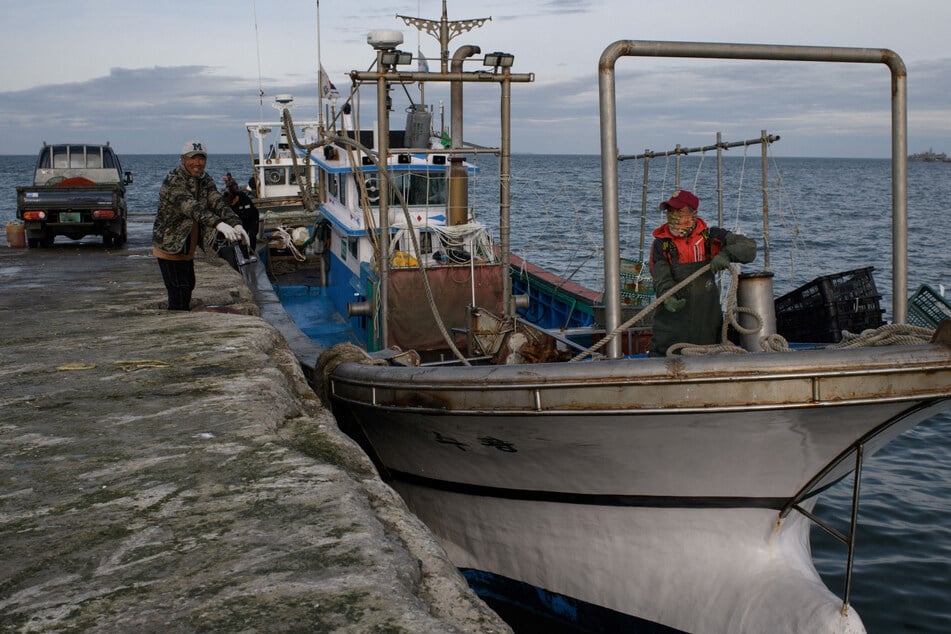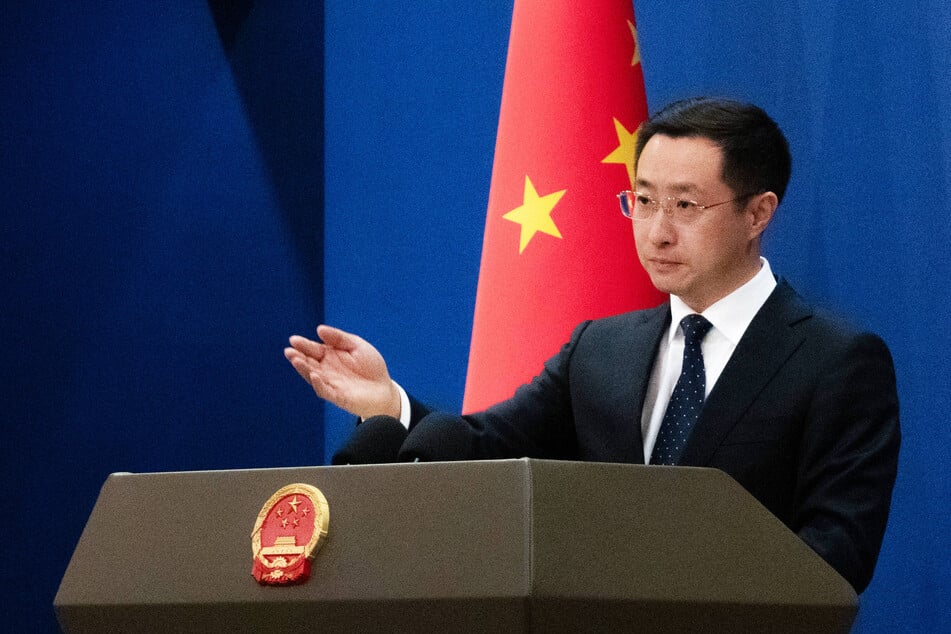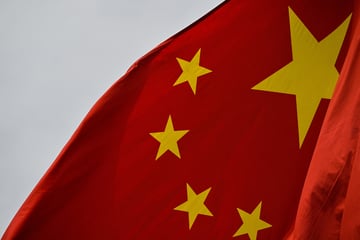North Koreans have endured years of "modern slavery" on Chinese ships, new report alleges
Beijing, China - North Korean workers have reportedly been forced to spend years of their lives on Chinese fishing vessels, where they face not only harsh conditions but also verbal and physical abuse.

A report by the London-based Environmental Justice Foundation (EJF) on Monday alleged that North Korea workers are being employed to work on Chinese-registered fishing boats, in violation of UN sanctions.
A 2017 UN Security Council resolution, supported by China, requires countries to deport North Korean workers to prevent them from earning foreign currency for Pyongyang's nuclear and ballistic missile programs.
North Korea has made a fortune from sending its citizens abroad to work. Analysts have suggested that the practice is still being supported by Russia and China.
"North Koreans onboard [the Chinese vessels] were forced to work for as many as 10 years at sea – in some instances without ever stepping foot on land," the new report alleges.
"This would constitute forced labor of a magnitude that surpasses much of that witnessed in a global fishing industry already replete with abuse."
China denies accusations of "modern slavery"

The claims were based on interviews with over a dozen Indonesian and Filipino crew members who worked onboard Chinese tuna ships in the Indian Ocean between 2019 and 2024.
"They never communicated with their wives or others while at sea as they were not allowed to bring a mobile phone," one crew member was quoted as saying.
"The impact of this situation is felt around the world: fish caught by this illegal labor force reaches seafood markets around the world," Steve Trent, founder and CEO of the EJF, said in a statement.
"China bears the brunt of the burden, but when products tainted by modern slavery end up on our plates, it is clear that flag states and regulators must also take full responsibility," Trent added.
If the reports are correct, the boats' involvement in shark finning and the killing of large marine animals such as dolphins could constitute a breach of the United Nations Food and Agriculture Organization's Code of Conduct for Responsible Fisheries.
China's foreign ministry has denied involvement in any such labor practices and promised that any cooperation between Beijing and Pyongyang was carried out "in accordance within the framework of international law."
"China always requires its offshore fishing activities to abide by local laws and regulations and relevant provisions of international law," Chinese foreign ministry spokesperson Lin Jian told a press briefing.
Cover photo: AFP/Ed Jones

